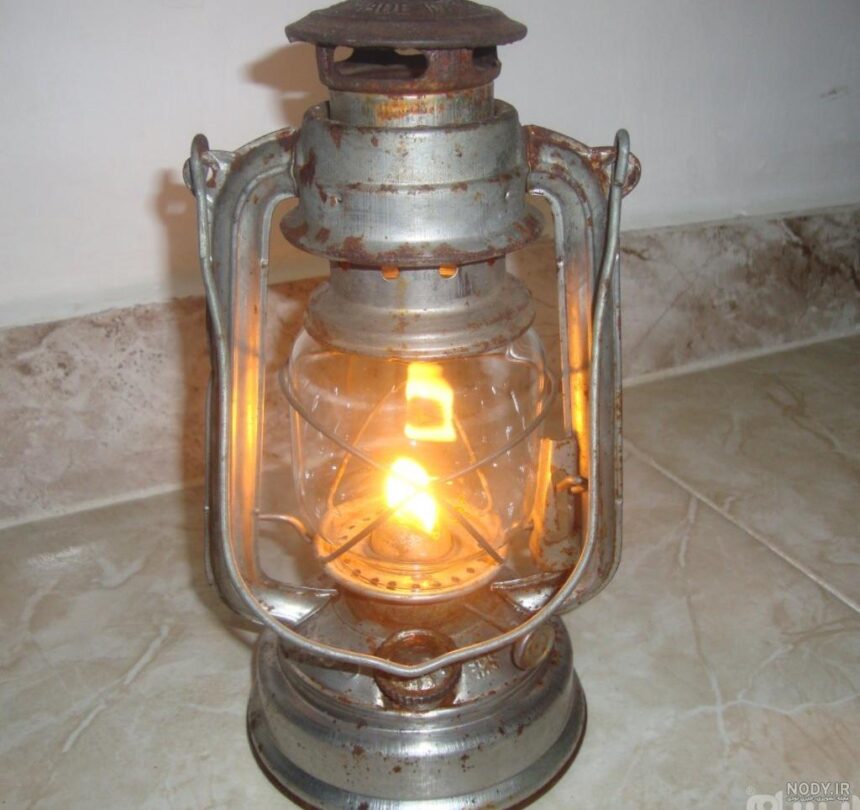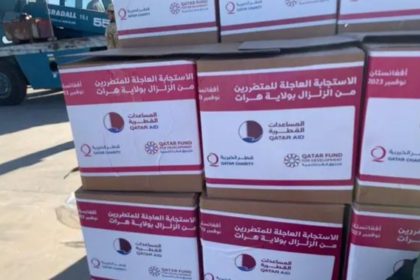RASC News Agency: Amid a brutal summer heatwave sweeping across western Afghanistan, the province of Herat is grappling with crippling electricity shortages that have brought daily life to a near standstill. Widespread and prolonged power cuts often lasting more than 20 hours a day have emerged as a severe crisis, laying bare the Taliban regime’s inability to maintain essential services or implement sustainable energy infrastructure. The primary cause of the outage, according to officials from the Taliban-controlled power utility DABS (Da Afghanistan Breshna Sherkat), is a significant drop in electricity imports from Iran. Iranian authorities have reportedly slashed exports due to increased domestic consumption during the hot season. Herat, like much of western Afghanistan, is heavily dependent on foreign energy supplies from Iran and Turkmenistan. But the absence of a national energy strategy, and the Taliban’s total neglect of infrastructure development, has left the region dangerously exposed to even minor disruptions.
In many districts of Herat both urban centers and rural areas residents receive electricity for only three to four hours per day, typically in the middle of the night when it is of little practical use. “Our children cannot sleep, our elderly are suffering, and our food is rotting in the fridges,” said Mariam, a mother of three in the Enjil district. “This is not a power cut. This is slow suffocation.” The consequences go far beyond mere inconvenience. With refrigerators, fans, water coolers, and even basic medical equipment rendered inoperable, households are struggling to preserve food, access clean water, and care for the sick. Medical professionals warn of rising heatstroke cases, worsening chronic conditions, and serious mental health repercussions particularly in poor neighborhoods where access to alternative cooling or emergency services is virtually nonexistent.
Meanwhile, the Taliban authorities have failed to offer any viable solution. Instead, officials have merely echoed the justification from Tehran, offering no contingency plan, no investment in local power generation, and no tangible relief to affected communities. This silence has deepened public frustration. “The Taliban are quick to impose harsh religious decrees,” said a Herat resident who asked not to be named, “but when it comes to providing electricity, clean water, or jobs, they are nowhere to be found.” Local markets have also begun to suffer. Butchers, grocers, and small traders say they are losing their stock due to lack of refrigeration. Internet cafes and mobile recharge shops, once a lifeline for youth, have gone dark. In some areas, residents report turning to diesel generators, but skyrocketing fuel prices exacerbated by border tensions and Taliban taxation have made this an unaffordable option for many.
Experts argue that the root of the problem is not merely the current reduction in imports, but a deeper failure by the Taliban to invest in long-term solutions. Despite two years in power and access to international humanitarian aid, the group has done little to develop domestic power generation or diversify energy sources. There is no roadmap for expanding hydropower, solar, or wind capabilities. Instead, the Taliban leadership continues to prioritize religious policing and censorship over the delivery of basic services. “The power crisis in Herat is not just a technical failure; it is a political indictment of Taliban rule,” said Farhad Azimi, an energy policy analyst and former Afghanistani official now in exile. “Any regime that cannot keep the lights on in 40-degree heat has no legitimacy to govern.”
Calls for action are growing. Civil society activists, health professionals, and ordinary citizens are demanding transparency from Taliban officials and immediate investment in energy resilience. However, under a regime that suppresses dissent, such demands are unlikely to translate into meaningful reform. As the heatwave continues, Herat’s residents are left to suffer in darkness victims not only of soaring temperatures but of a regime that has systematically failed to meet the most basic standards of governance. The crisis is yet another grim reminder that in Taliban-ruled Afghanistan, survival is a daily struggle, and the future grows dimmer with every passing blackout.






